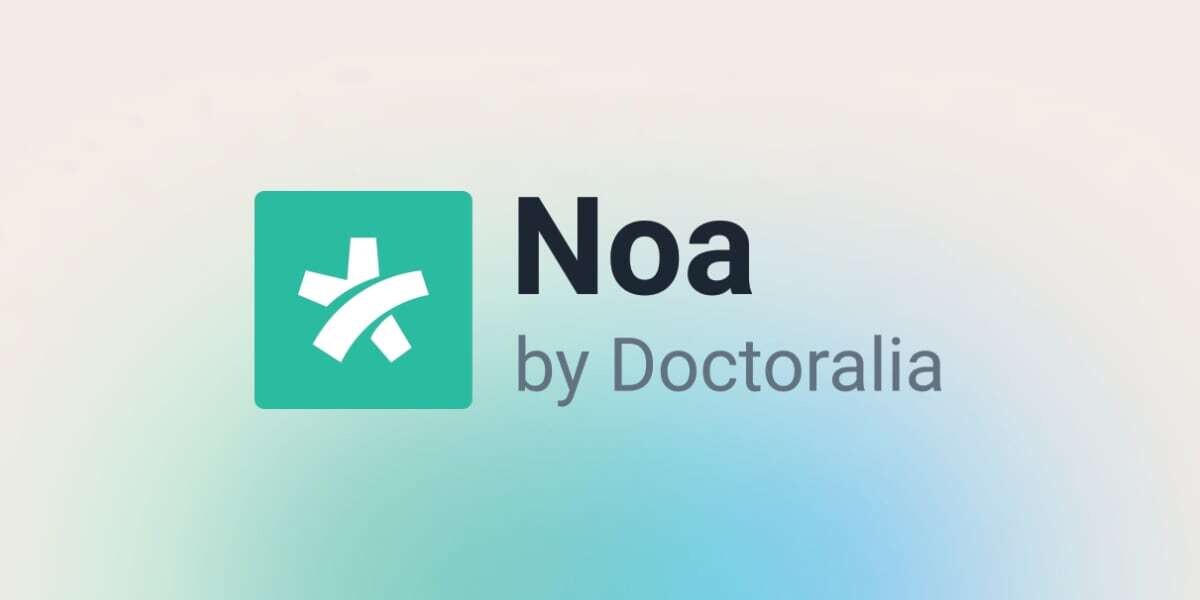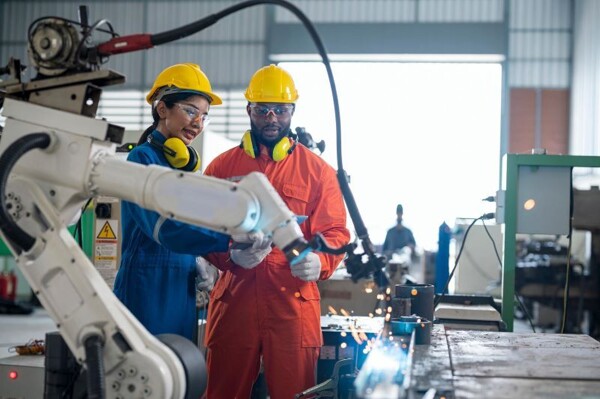
Doctors can spend up to two hours a day writing and recording information, time they could invest in their patients, professional updates, or rest. Artificial intelligence (AI) comes into play to assist, streamline, and optimize the specialist's tasks, allowing them to focus on patients. Noa, a virtual assistant, captures details that sometimes went unnoticed, improving the doctor-patient relationship.
AI not only optimizes time but also enhances interaction between the doctor and the patient by generating medical notes during the consultation. This virtual assistant documents every relevant detail, from symptoms to treatments, freeing specialists from administrative tasks and allowing them to focus on what matters most: the health of their patients.
Although AI will not replace doctors, those who adopt it will have a competitive advantage in the field of medicine. Artificial intelligence assists rather than replaces, providing detailed and important notes for medical records. Doctors who have tried Noa Notes highlight the time savings and seamless integration into the Doctoralia platform.
More than 350 doctors in Mexico are already using Noa Notes, generating nearly 3,500 medical notes weekly, ten times faster than traditional methods. The efficiency reported by doctors upon adopting this technology is evident, allowing them to spend more time with each patient and improving the quality of care they provide. Security and privacy are guaranteed, complying with relevant legal standards.
Noa Notes uses natural language processing (NLP) to create structured and personalized summaries, ensuring that no detail is overlooked during consultations. Artificial intelligence is demonstrating its potential in medicine by revolutionizing clinical practice and enabling healthcare professionals to provide more efficient, patient-centered care. The adoption of these technologies is no longer optional but a necessity to stay current in a constantly evolving sector.














